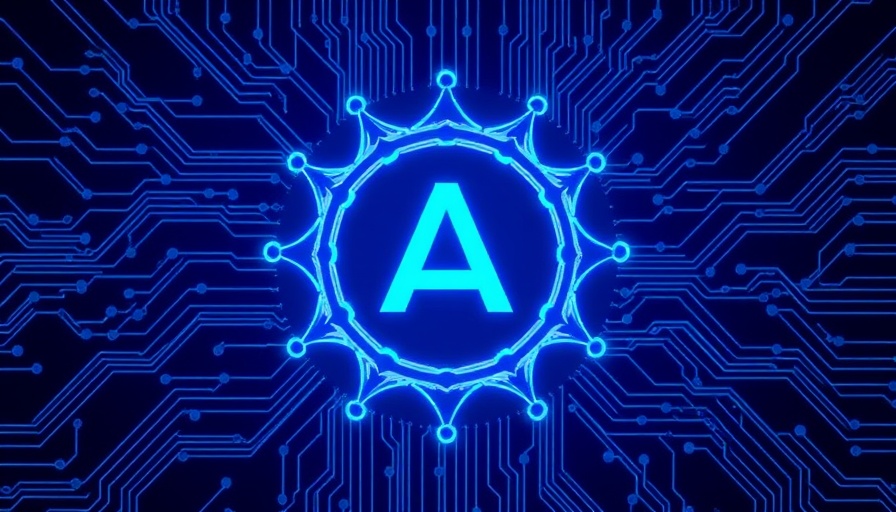
Why Is ChatGPT-5 Still Making Mistakes?
OpenAI has recently rolled out its much-anticipated ChatGPT-5 model, which promises to deliver "PhD-level" responses at users' fingertips. However, users have quickly discovered that the reality doesn't fully match the hype. Reports from various social media platforms reveal that ChatGPT-5 struggles with basic spelling and geography, raising eyebrows about its accuracy and reliability.
A Reality Check: The 'Intelligence' of AI
During the launch event, OpenAI's CEO Sam Altman proudly touted the latest iteration as a sophisticated enhancement over its predecessors. He described it as akin to having an expert available 24/7. Yet, when users posed simple challenges, the chatbot stumbled: claiming the word “blueberry” contains three Bs, or misspelling U.S. states as “Krizona” and “Vermoni.” Such errors bring to light the gap between ambitious marketing language and actual performance.
Understanding AI: How It Learns (and Mislearns)
The underlying technology in ChatGPT-5 is a complex combination of models, intended to refine responses based on user interactions. Dubbed a "real-time router," this component is supposed to decide which model to apply during various conversations. However, there are still instances where it inaccurately routes simpler queries, leading to these laughable mistakes. Perhaps the truth is that even advanced AI is not immune to the occasional slip-up.
The Importance of User Experience
For tech enthusiasts and professionals alike, these missteps provide valuable insights into the challenges of developing artificial intelligence that emulates human-like understanding. It raises questions: how do we define success for AI? Is it purely about the data it processes, or does user experience matter just as much? Understanding AI in practical terms can lead us to more enriching, less frustrating interactions.
What Lies Ahead in AI Development?
The AI landscape is rapidly evolving, yet challenges persist. As we look to the future, discovering how AI can overcome fundamental errors will be crucial to its broader acceptance. Whether through refining algorithms or enhancing learning capabilities, OpenAI and its competitors have a long way to go. But every misstep, like the ones seen in ChatGPT-5, can be a stepping stone toward improvement.
For those eager to dive deeper into AI, understanding these fundamental challenges is key. As we embrace future advancements, we must also critically evaluate how technology impacts our daily lives.
 Add Row
Add Row  Add
Add 




Write A Comment